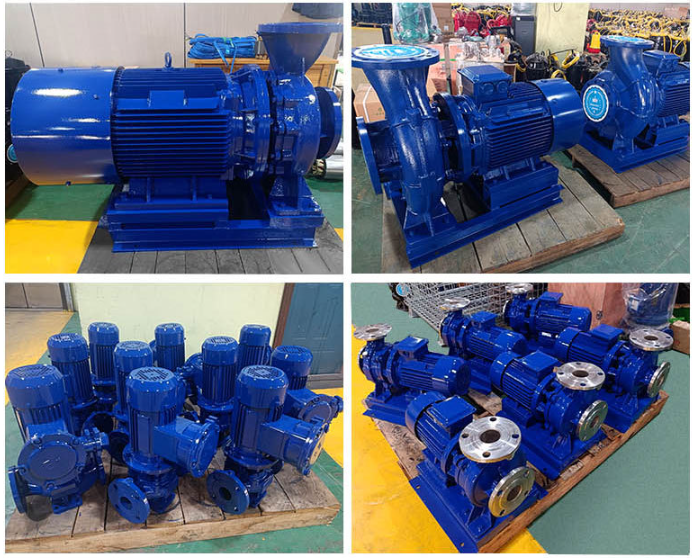English
- Afrikaans
- Albanian
- Amharic
- Arabic
- Armenian
- Azerbaijani
- Basque
- Belarusian
- Bengali
- Bosnian
- Bulgarian
- Catalan
- Cebuano
- Corsican
- Croatian
- Czech
- Danish
- Dutch
- English
- Esperanto
- Estonian
- Finnish
- French
- Frisian
- Galician
- Georgian
- German
- Greek
- Gujarati
- Haitian Creole
- hausa
- hawaiian
- Hebrew
- Hindi
- Miao
- Hungarian
- Icelandic
- igbo
- Indonesian
- irish
- Italian
- Japanese
- Javanese
- Kannada
- kazakh
- Khmer
- Rwandese
- Korean
- Kurdish
- Kyrgyz
- Lao
- Latin
- Latvian
- Lithuanian
- Luxembourgish
- Macedonian
- Malgashi
- Malay
- Malayalam
- Maltese
- Maori
- Marathi
- Mongolian
- Myanmar
- Nepali
- Norwegian
- Norwegian
- Occitan
- Pashto
- Persian
- Polish
- Portuguese
- Punjabi
- Romanian
- Russian
- Samoan
- Scottish Gaelic
- Serbian
- Sesotho
- Shona
- Sindhi
- Sinhala
- Slovak
- Slovenian
- Somali
- Spanish
- Sundanese
- Swahili
- Swedish
- Tagalog
- Tajik
- Tamil
- Tatar
- Telugu
- Thai
- Turkish
- Turkmen
- Ukrainian
- Urdu
- Uighur
- Uzbek
- Vietnamese
- Welsh
- Bantu
- Yiddish
- Yoruba
- Zulu
Telephone: +86 13120555503
Email: frank@cypump.com
Nov . 24, 2024 14:18 Back to list
pump on septic tank
The Role of a Pump in Septic Tank Systems
A septic tank system is a crucial component of many rural and suburban households, providing a means to treat wastewater in an environmentally friendly manner. One of the key elements within this system is the pump, which plays an essential role in maintaining its efficiency and functionality. Understanding how a pump works within a septic tank system is vital for homeowners to ensure proper maintenance and operation.
The Role of a Pump in Septic Tank Systems
One of the primary benefits of a septic tank pump is its ability to ensure a consistent flow of effluent, preventing backups and overflows. This is particularly critical during heavy rainfall or when the system is subjected to high volumes of wastewater. By pumping the effluent out of the tank at regulated intervals, the system can operate effectively, reducing the risk of soil saturation in the drainage area.
pump on septic tank

Moreover, the pump is vital for systems with multiple tanks or those that use advanced treatment technologies. In such setups, pumps can be used to transport effluent between different components of the system, ensuring thorough treatment and distribution. This is particularly important in systems designed to meet stringent environmental regulations or in areas with sensitive ecosystems.
Regular maintenance of the septic tank pump is crucial for its longevity and efficiency. Homeowners should be aware of the signs that their pump may be failing, such as unusual noises, slow drainage, or backups in the system. Regular inspections and timely repairs can help prevent costly replacements and ensure the system runs smoothly.
Overall, the pump in a septic tank system is a vital component that ensures the effective treatment and disposal of wastewater. By understanding its function and importance, homeowners can take proactive measures to maintain their septic systems. With proper care, a septic tank pump can provide reliable service for many years, contributing to the health and safety of the household and the surrounding environment. Investing in knowledge and maintenance can lead to a more efficient septic system and a cleaner, greener world.
-
Horizontal Split Case Pump with GPT-4 Turbo | High Efficiency
NewsAug.01,2025
-
ISG Series Pipeline Pump - Chi Yuan Pumps | High Efficiency, Durable Design
NewsAug.01,2025
-
Advanced Flue Gas Desulfurization Pump with GPT-4 Turbo | Durable & Efficient
NewsJul.31,2025
-
ISG Series Vertical Pipeline Pump - Chi Yuan Pumps | Advanced Hydraulic Design&Durable Construction
NewsJul.31,2025
-
ISG Series Vertical Pipeline Pump - Chi Yuan Pumps | Energy Efficient & Low Noise
NewsJul.31,2025
-
pipeline pump - Chi Yuan Pumps Co., LTD.|High Efficiency&Low Noise
NewsJul.31,2025










